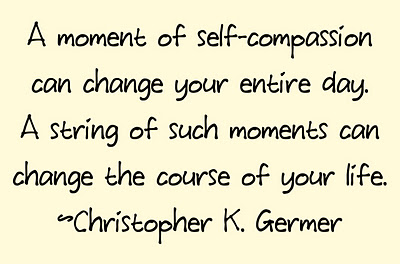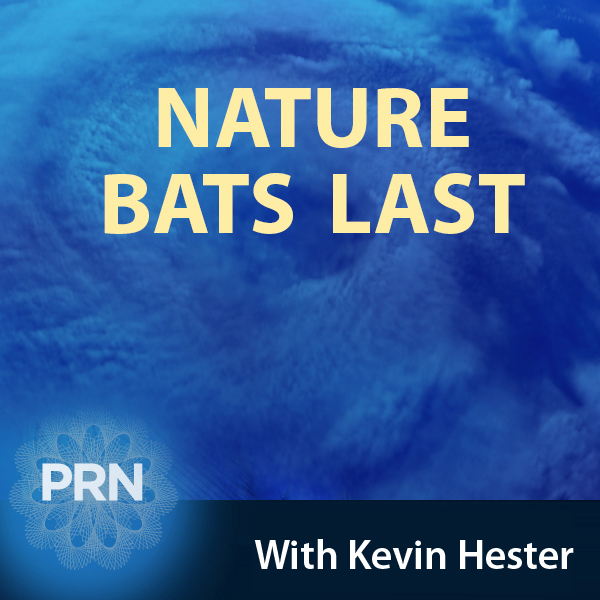Today’s guest on Nature Bats Last is Dr Andrew Glikson, earth and paleo-climate scientist , visiting “Fellow at the Australian National University”. Many scholarly articles…

Australian National University

Could your anxiety or depression masquerade as an as-yet undiagnosed physical disorder? And could your physical aches and pains be caused by anxiety or depression?…

Taylor Jones is the endangered species advocate for WildEarth Guardians, a western conservation group. She has a Master’s degree in Conservation Biology and Sustainable Development…

One of the most frustrating issues modern parents face is how to manage children's screen time. Official guidelines say kids aged five to 18 years should spend no more…
Sometimes scientific studies reaffirm things we already knew based on good ol' common sense. You can look at those studies and be all, "Ugh, lol,…

Planet Earth's oceans and lands will be buried by increasing layers of plastic waste by the mid-century due to human activity, according to research led…

SALT LAKE CITY – Brain scans from nearly 200 adolescent boys provide evidence that the brains of compulsive video game players are wired differently. Chronic…

Giants once roamed the earth. Oceans teemed with ninety-foot-long whales. Huge land animals--like truck-sized sloths and ten-ton mammoths--ate vast quantities of food, and, yes, deposited…
An international team of scientists has found a dramatic ice sheet collapse at the end of the ice age before last caused widespread climate changes…

Teenagers today face many challenges, often including intense expectations and pressures from their parents, teachers, and friends. Sometimes, however, their harshest critics are not any of these…
After a wonderful summer of fishing and learning to surf, my son, then a 17-year-old junior at a Boston high school, suddenly told me one afternoon,…
